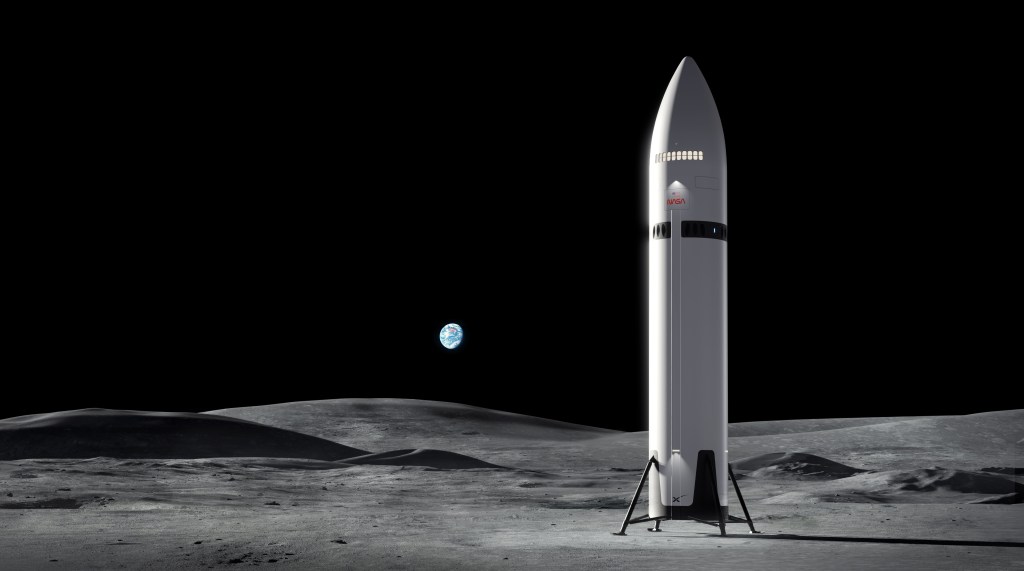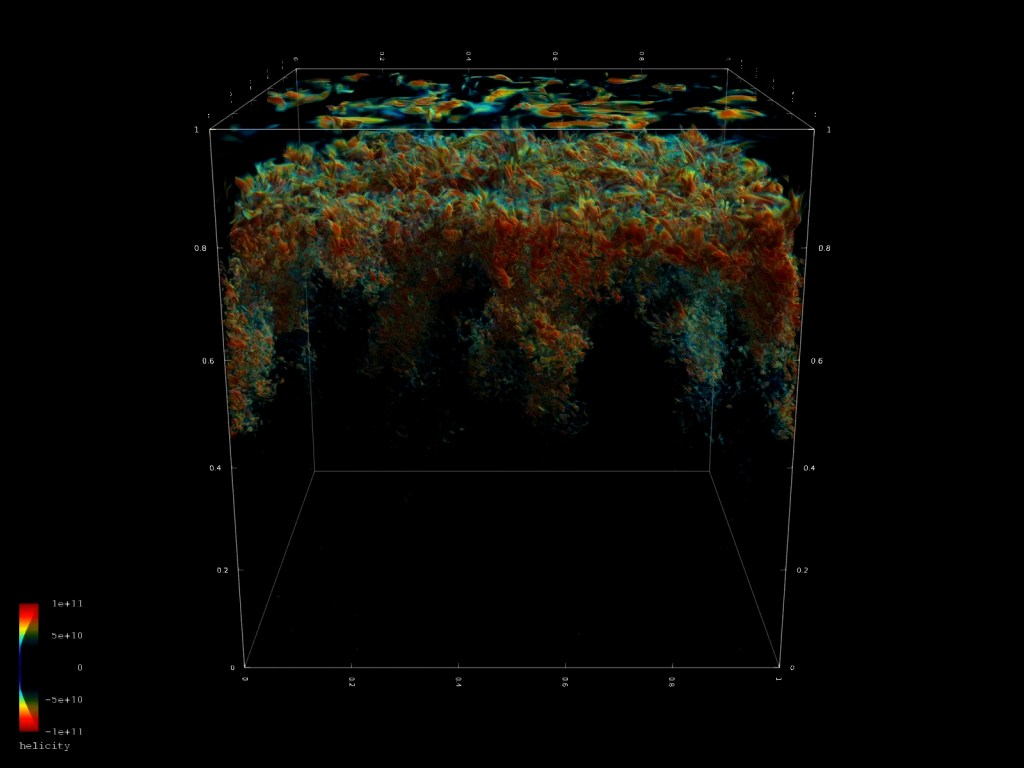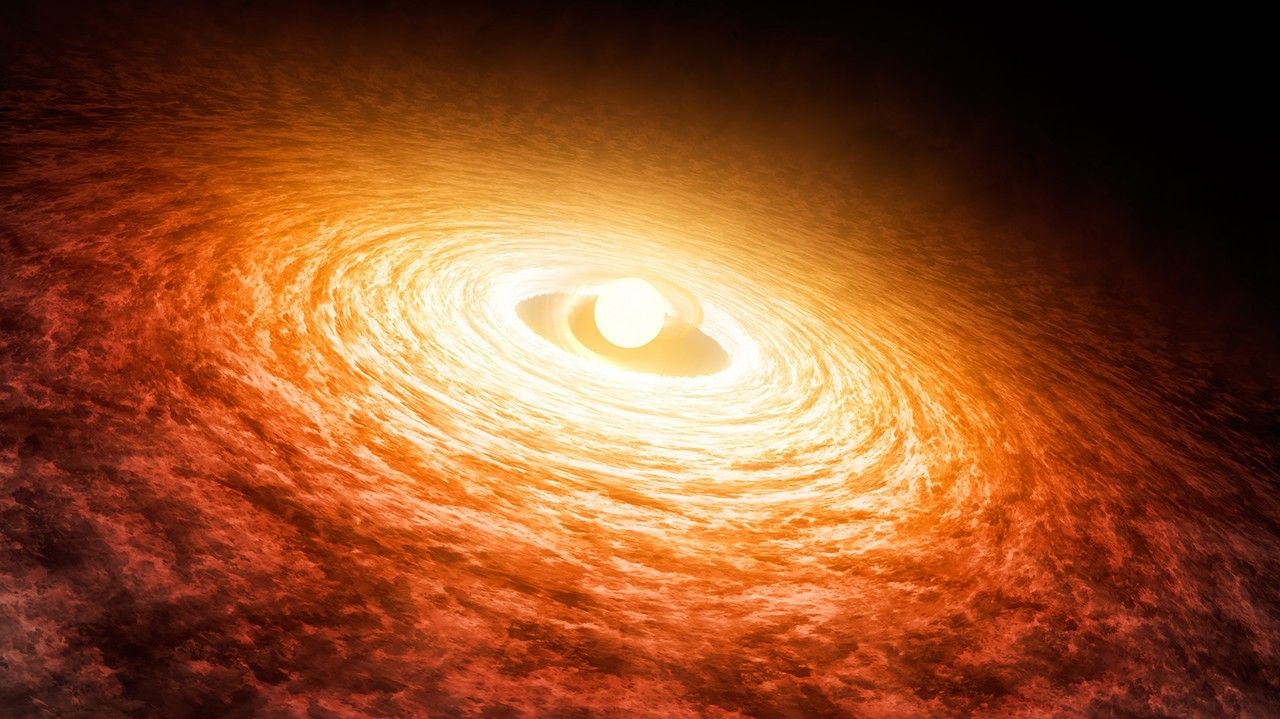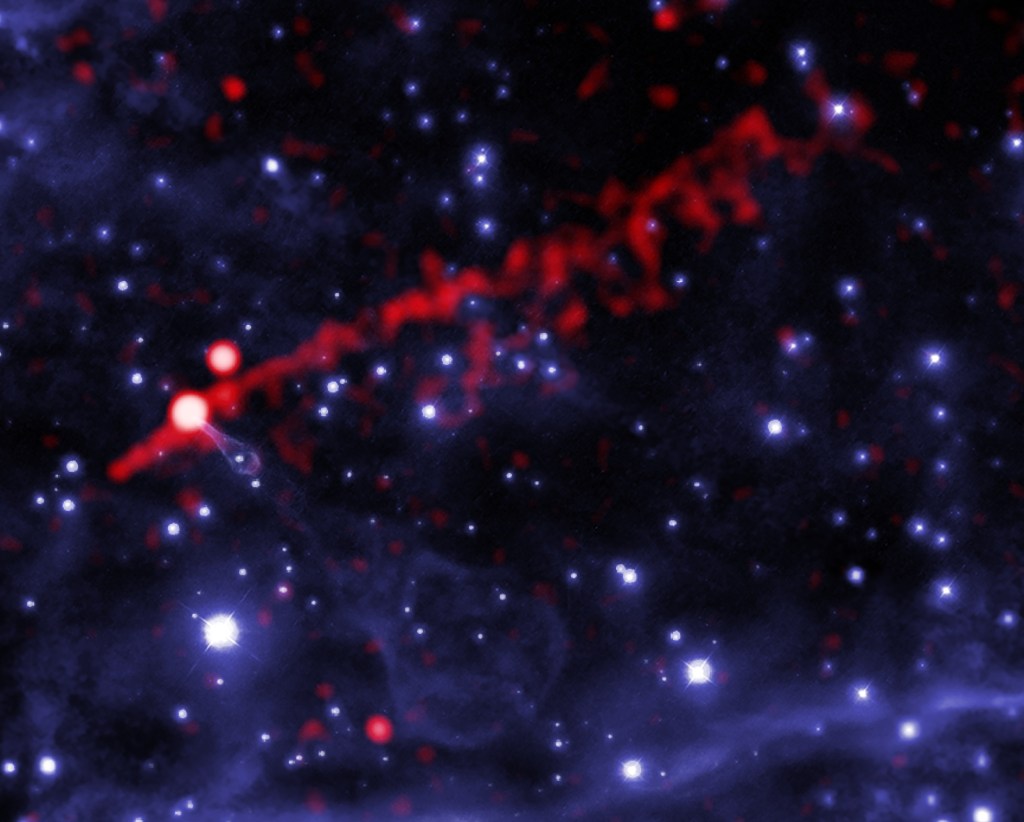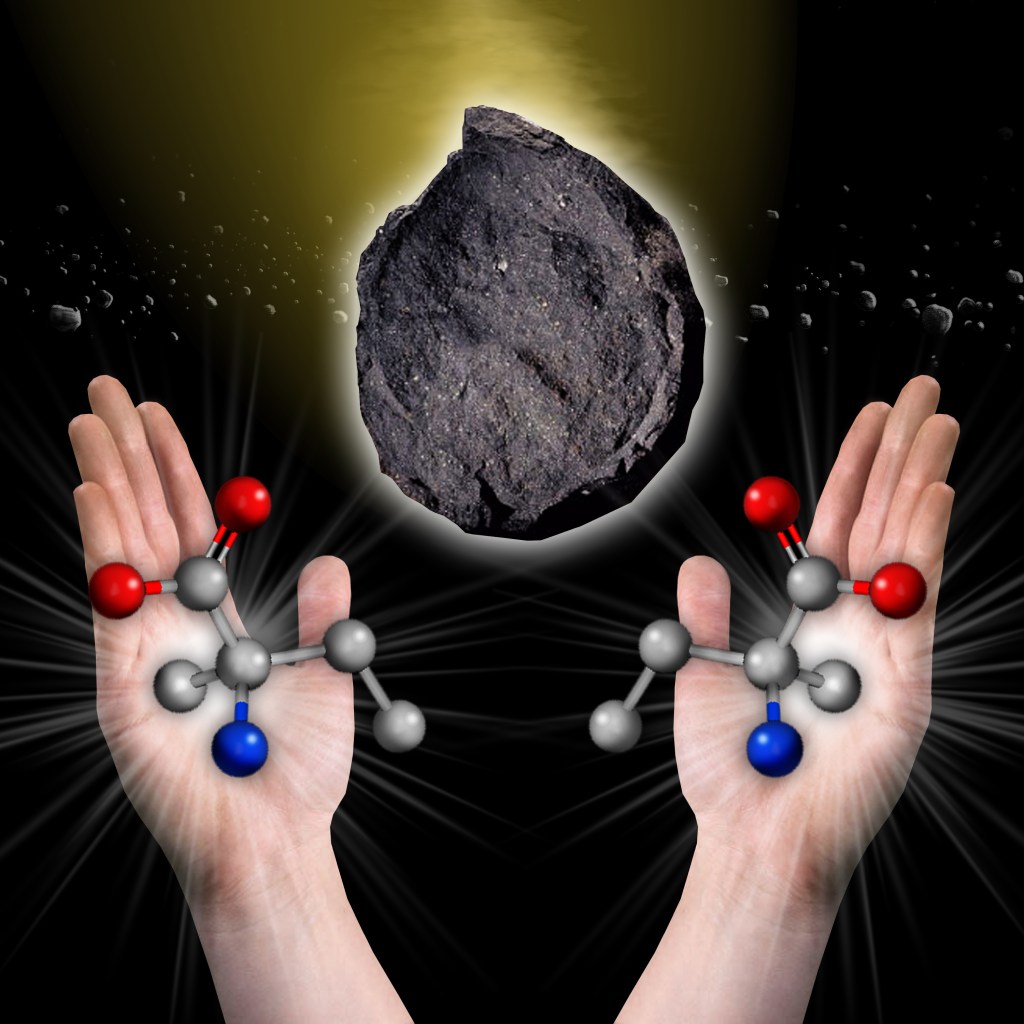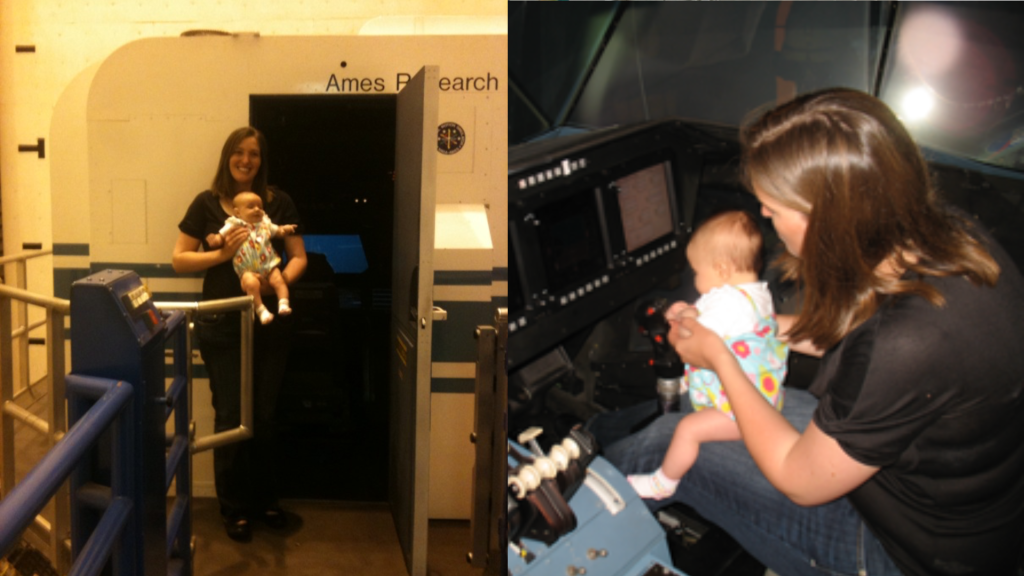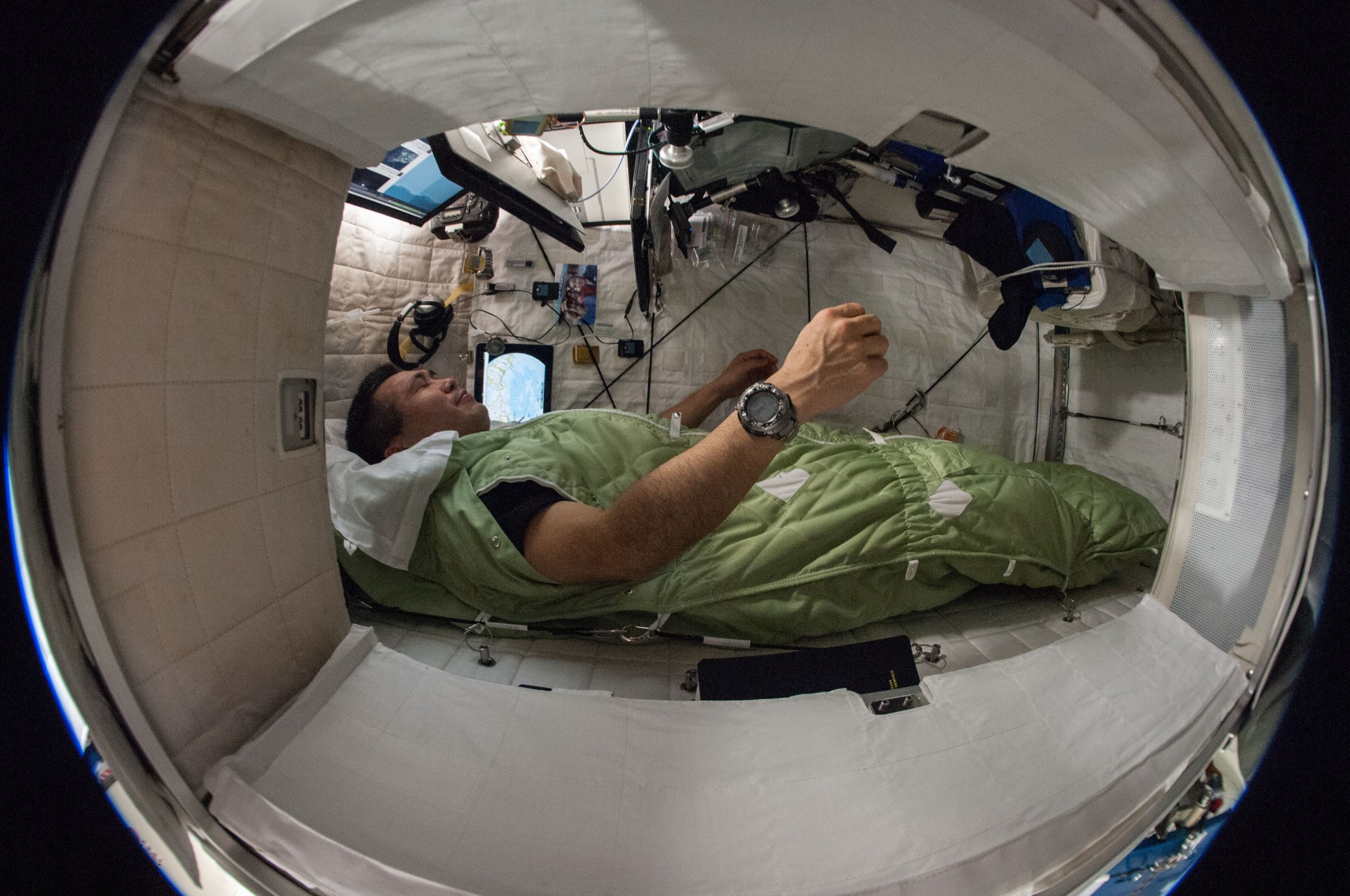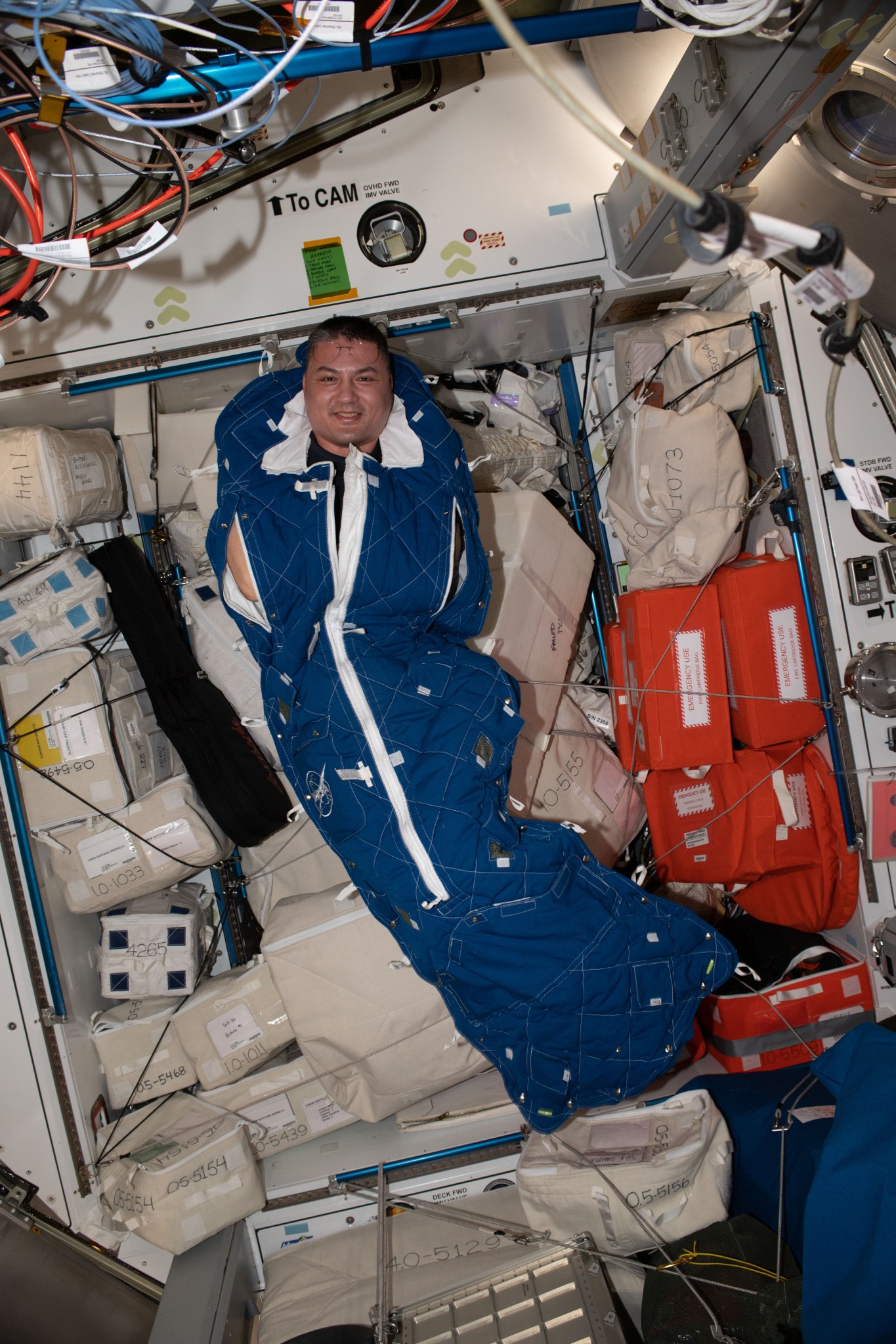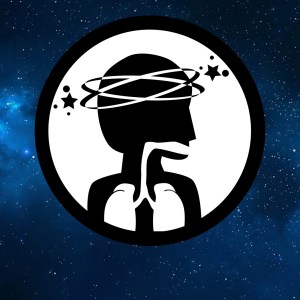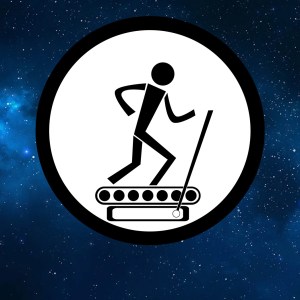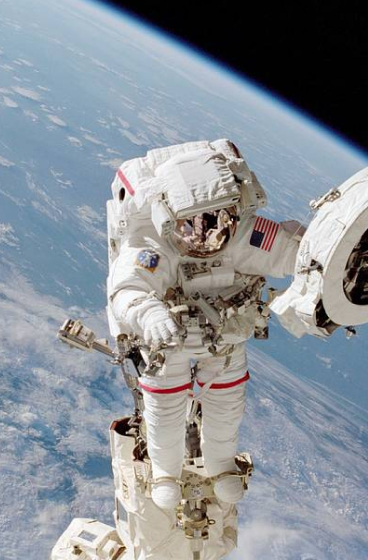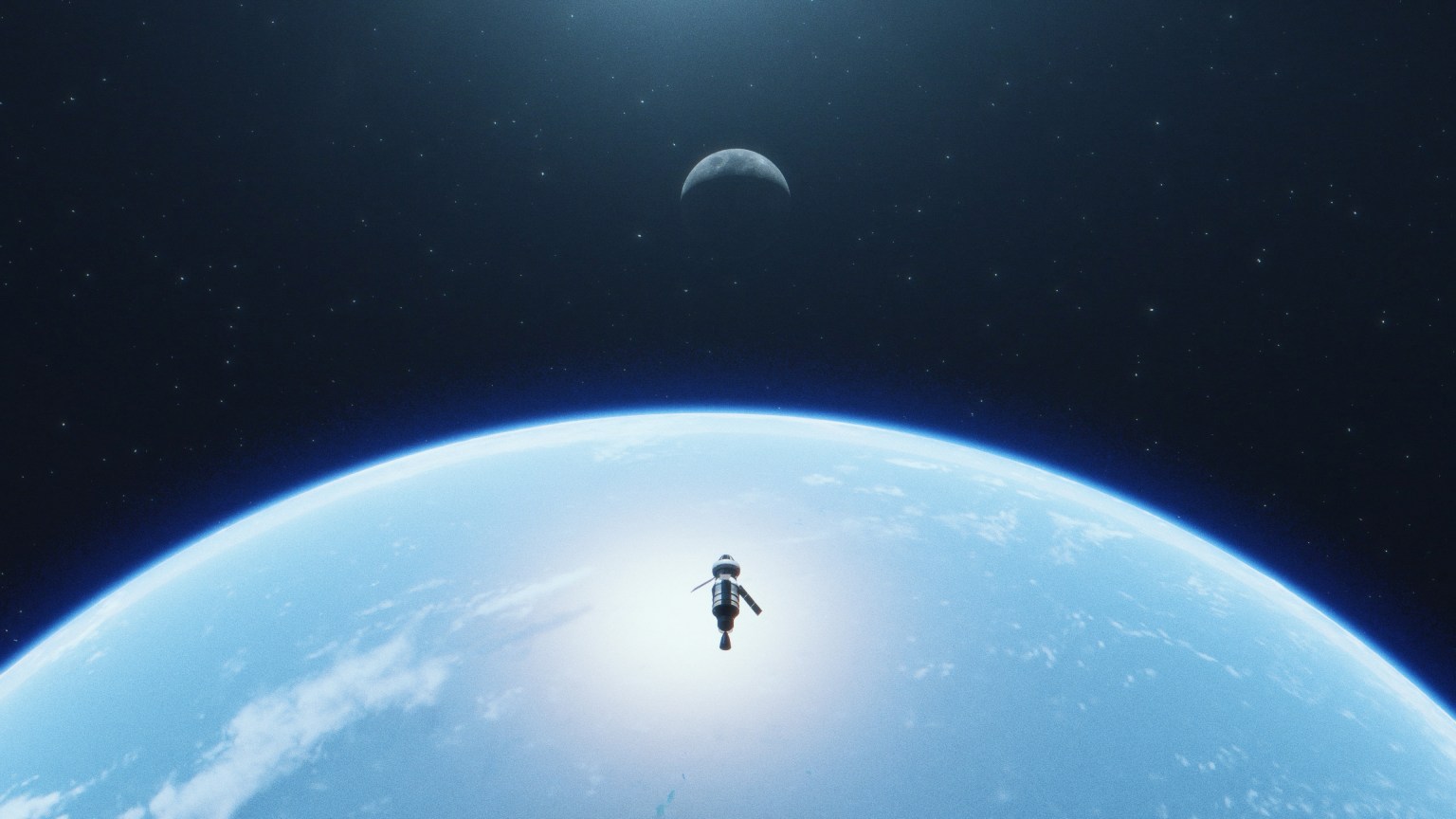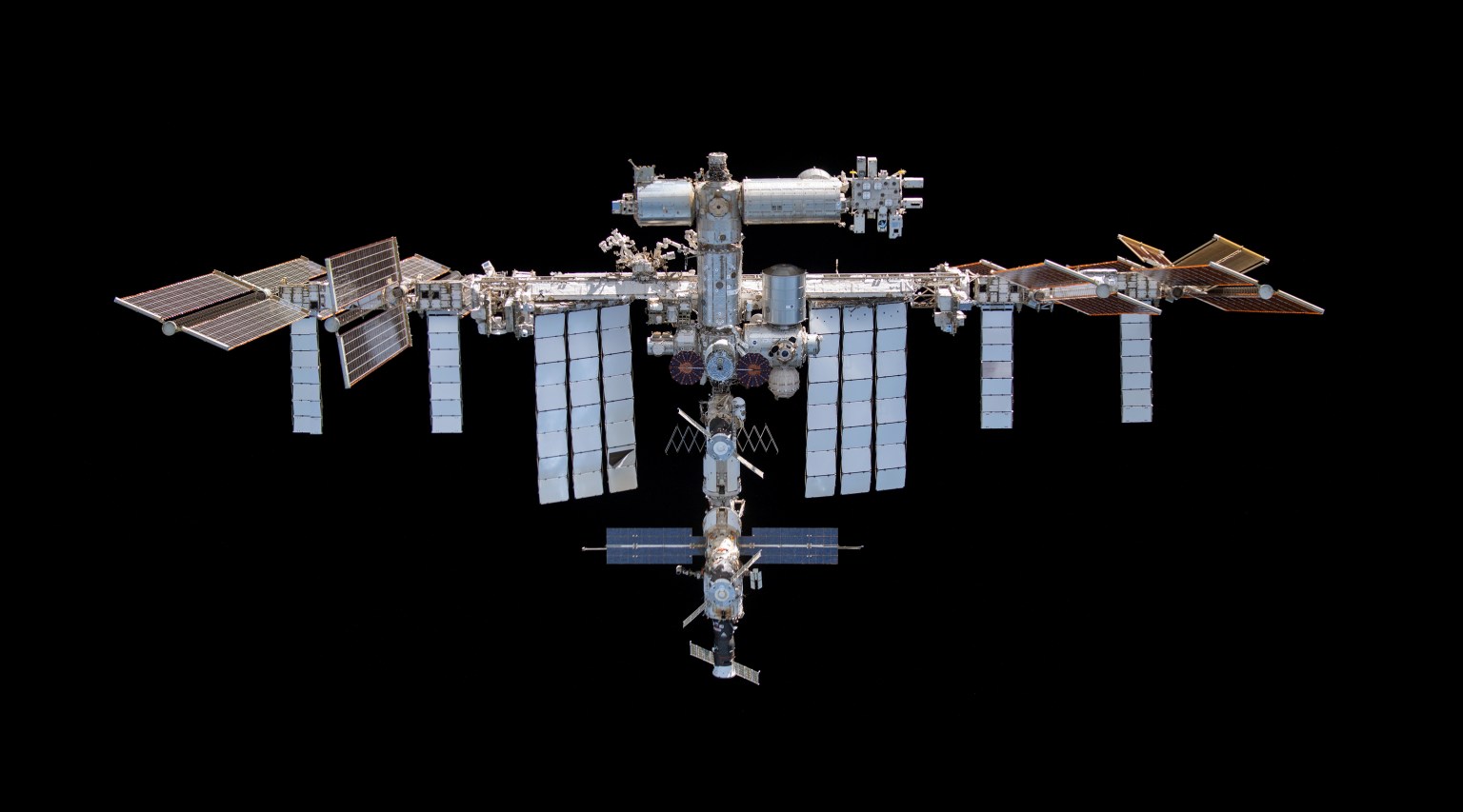Astronauts must maintain a high level of cognitive performance during every phase of the mission. Top-tier performance depends on acquiring an adequate quantity of daily sleep and the appropriate sleep quality.
Previous spaceflight experience has shown that astronauts commonly experience sleep deprivation. Additionally, due to the nature of spaceflight, circadian disturbances are present. Together, these two aspects lead to fatigue and errors while performing tasks. Evidence from short and long-duration missions and other relevant environments suggests that environmental factors (e.g., noise, temperature, vibration, and light) inhibit sleep and impact well-being in space. Thus, for crewmembers to achieve optimal sleep, they must be provided with a sleep environment that allows them to achieve quality sleep, free of external disruptions.
Directed Acyclic Graph Files
+ DAG File Information (HSRB Home Page)
+ Sleep Risk DAG and Narrative (PDF)






